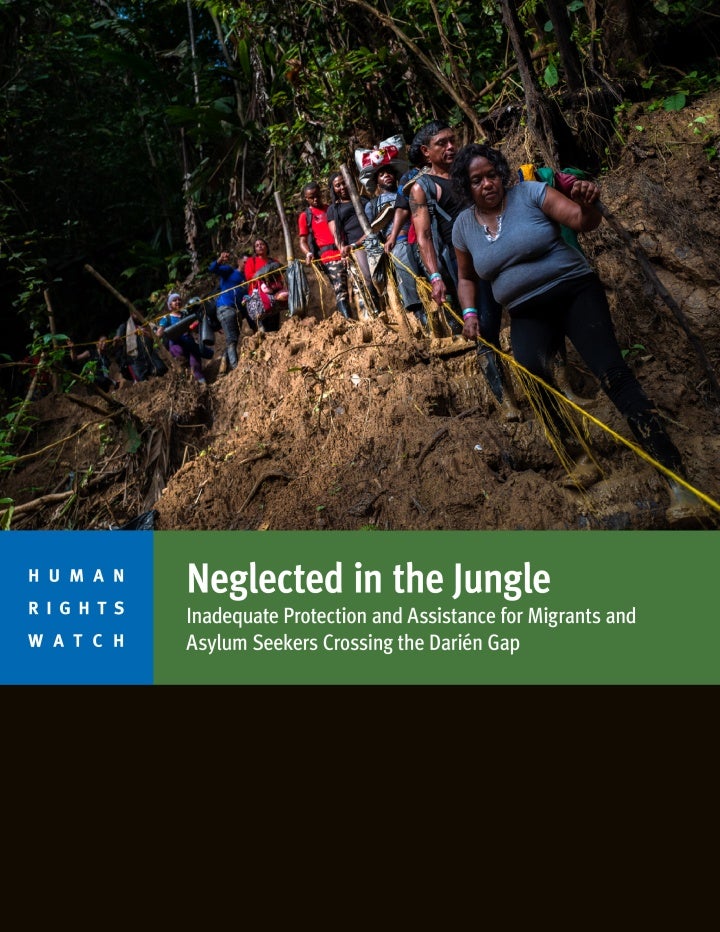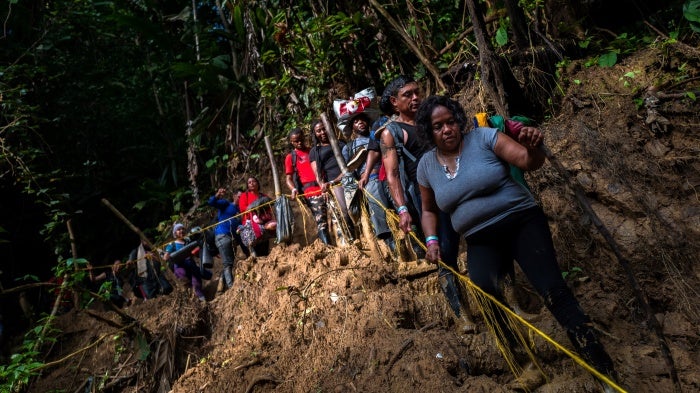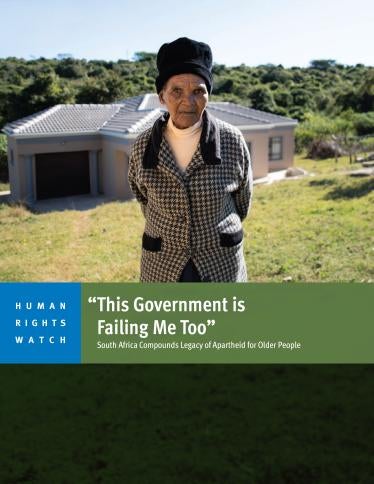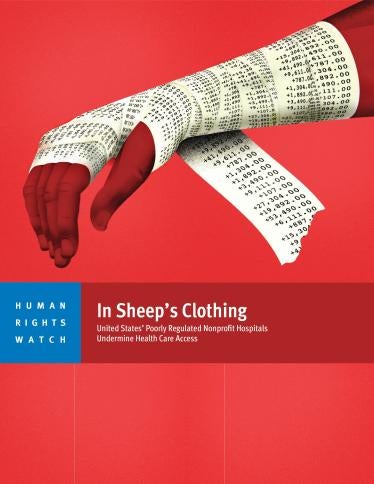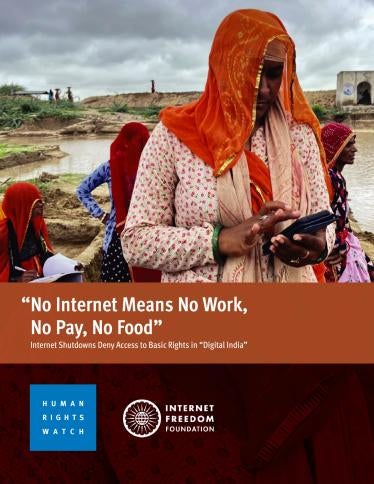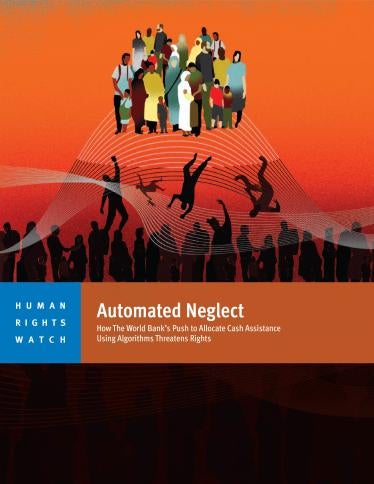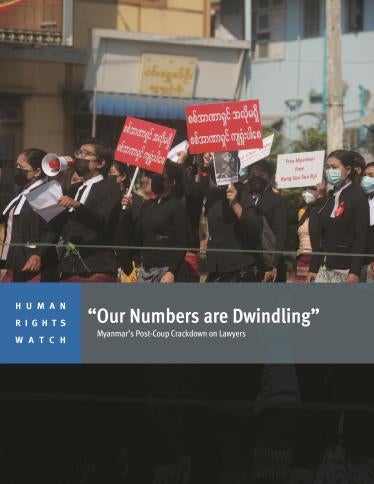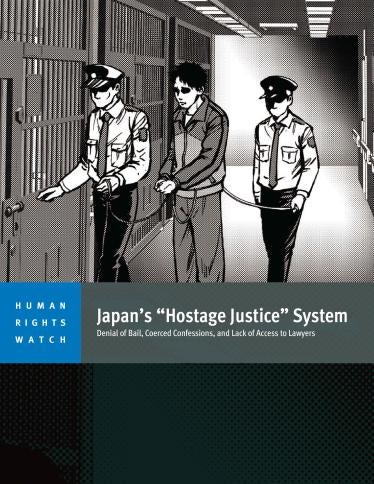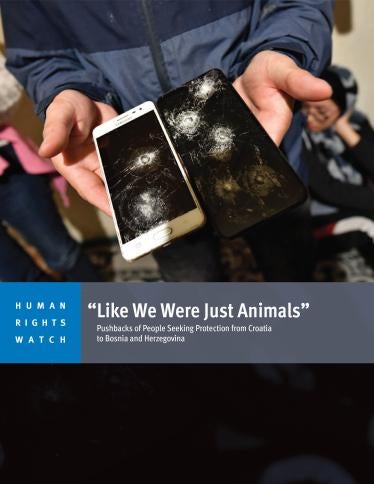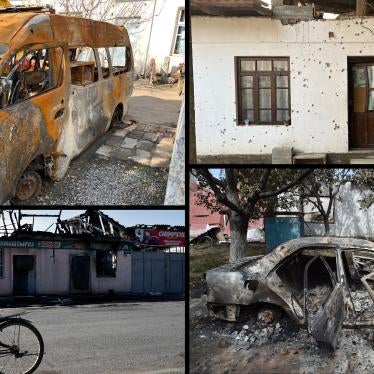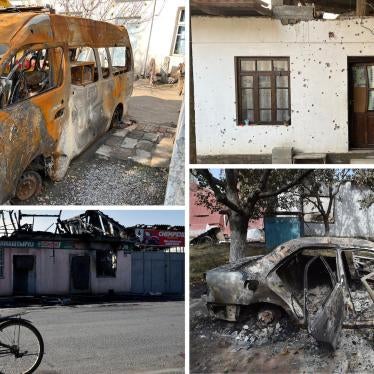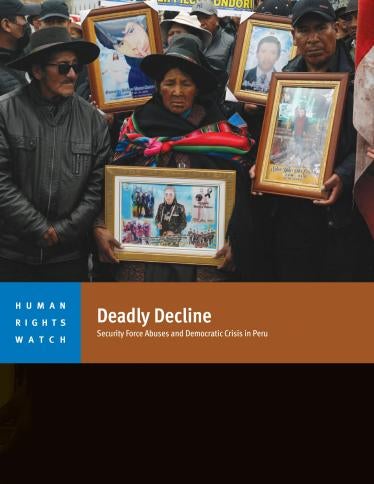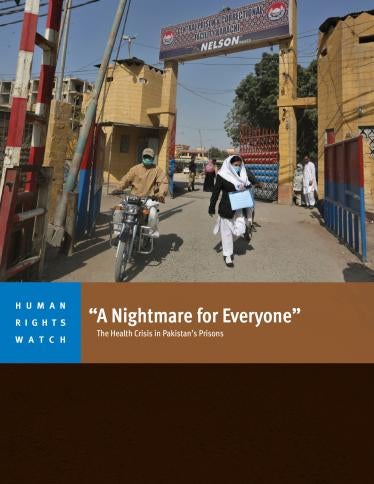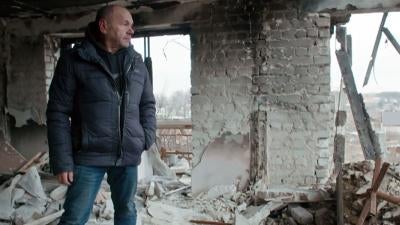Neglected in the Jungle
Inadequate Protection and Assistance for Migrants and Asylum Seekers Crossing the Darién Gap
The 110-page report, “Neglected in the Jungle: Inadequate Protection and Assistance for Migrants and Asylum Seekers Crossing the Darién Gap,” is the second in a series of Human Rights Watch reports on migration via the Darién Gap. Human Rights Watch identified specific shortcomings in Colombia’s and Panama’s efforts to protect and assist people – including those at higher risk, such as unaccompanied children – as well as to investigate abuses against them.
